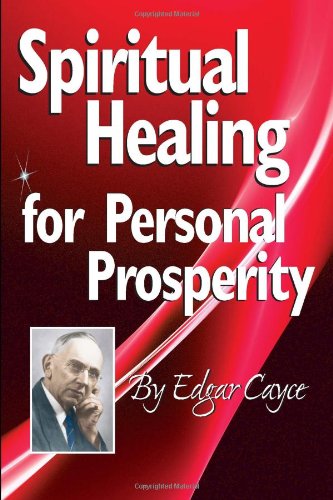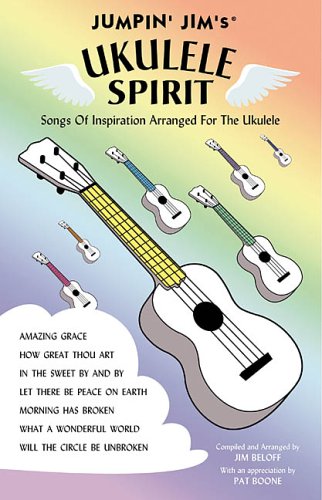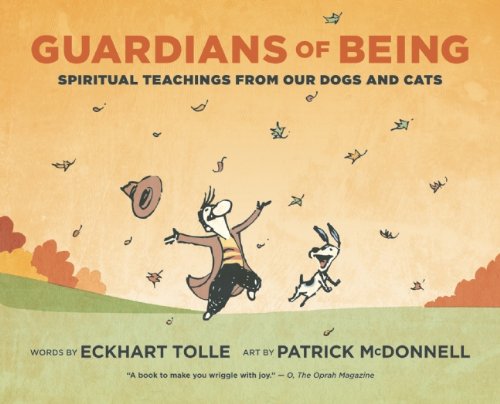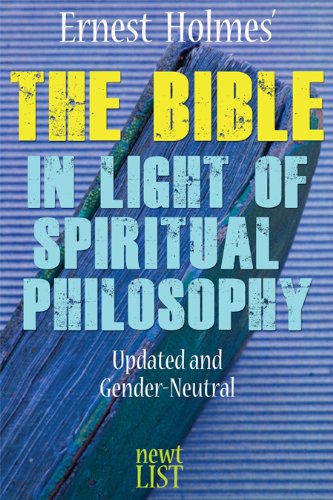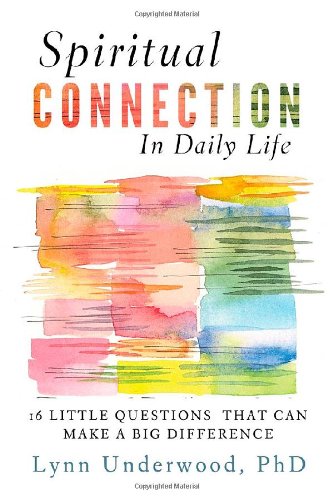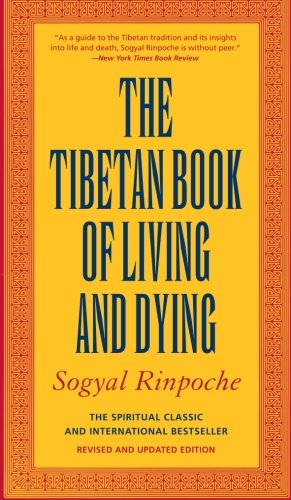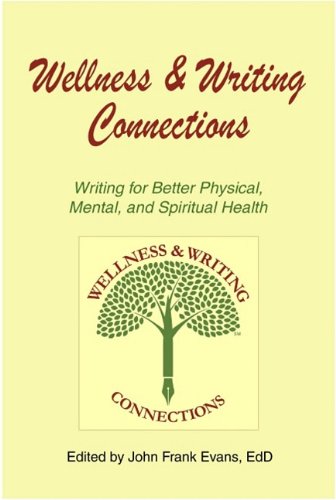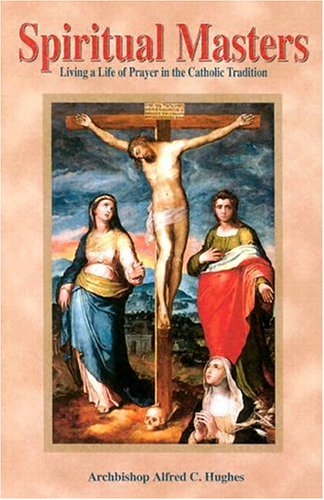
Let The Great Masters Of Christianity Lead You To Holiness You say your prayers. You attend Mass. You read the Bible. You want a deeper, more intimate relationship with the Lord. You want a more spiritual life, but don’t know where to turn. Now, let the great masters of Christianity instruct you on the heart of prayer. Bishop Alfred Hughes takes you on a step-by-step pilgrimage into the life of the Spirit by summarizing the teaching of great masters of the Faith and then intertwining those insights with practical, personal observations for your own life. Begin taking your Christian life more seriously with Bishop Hughes and Anthony of Egypt, develop a holy rhythm of life with St. Benedict, address the challenges of life with Thomas a Kempis, progress in virtue with St. Francis de Sales, St. Augustine, St. Teresa of Avila, and others until finally you move toward union with God with the assistance of Jean-Pierre de Coussade. Bishop Hughes’s unique approach to Christian spiritual teaching on the art of prayer will direct you naturally according to the movement of the Spirit in your life. Discover this exciting and practical guide to holiness today! About the AuthorBishop Alfred Hughes is the bishop of Baton Rouge. He has taught at St. John’s Seminary in Boston and has written books on Walter Hilton and church ministry. Spiritual Masters grew out of courses he has taught as well as a series of public lectures in Louisiana.

